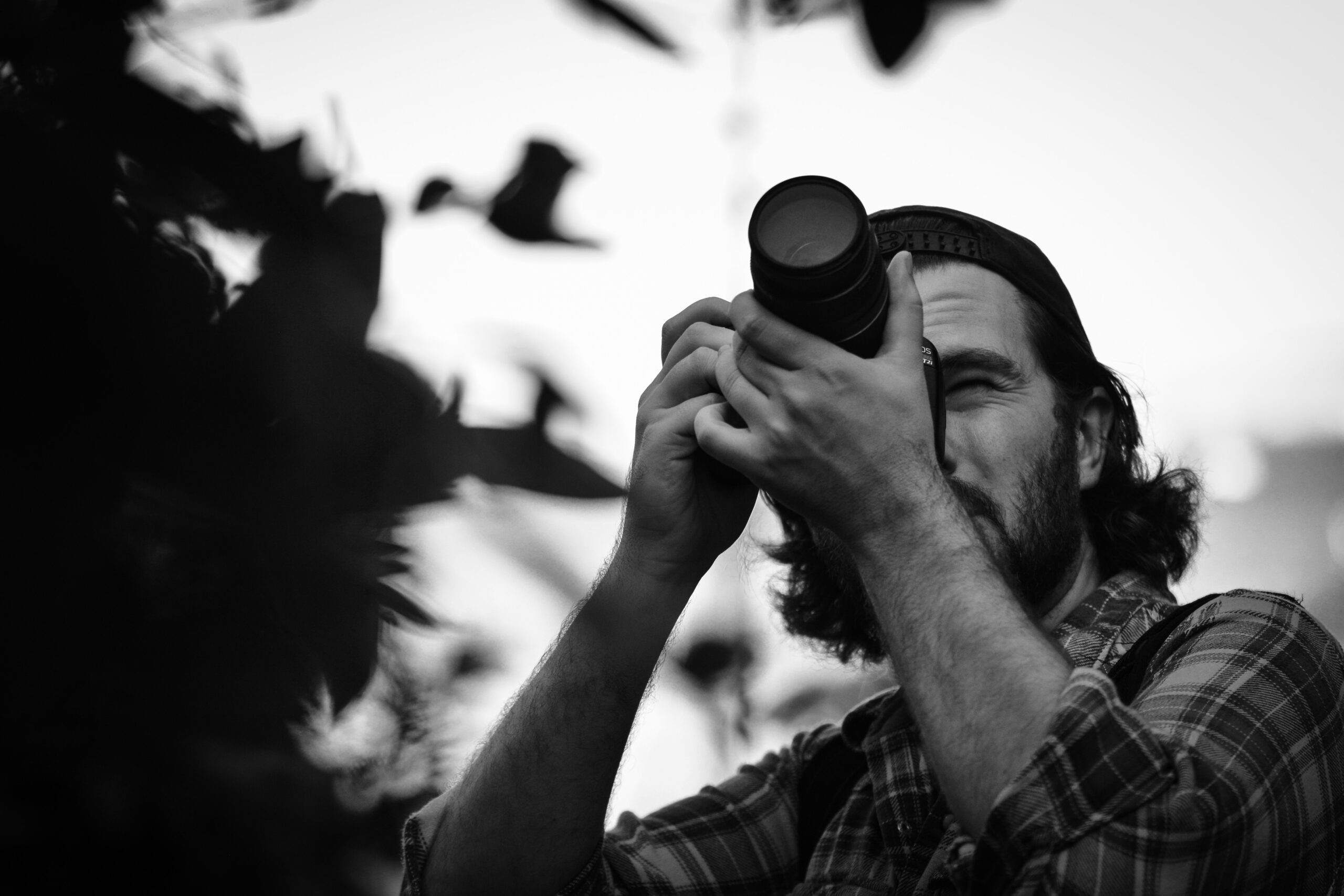
Photography has long been one of the most accessible and fulfilling creative outlets. With the rise of smartphones, digital cameras, and easy-to-use editing tools, more people than ever are exploring photography as a hobby. But for many, the thrill of capturing the world through a lens evolves into something more profound—a desire to turn that hobby into a meaningful portfolio, and eventually, into a purposeful pursuit. This journey requires not just technical skill, but also creativity, discipline, and a vision for how photography fits into a larger life or career path.
Understanding Your Motivation
Before transitioning from hobbyist to portfolio-builder, it’s essential to reflect on why you want to pursue photography seriously. For some, it may be about telling stories that matter. For others, it may stem from a love of aesthetics, travel, or documenting everyday life in new ways. Pinpointing your motivation creates a strong foundation because it guides the type of work you’ll make and the audiences you’ll connect with.
Taking photography from casual practice to serious pursuit is more than just upgrading your gear—it’s about aligning your personal passion with purpose. Once you understand what drives you, you can begin building a body of work that reflects your unique voice as a photographer. Without clarity of purpose, your photos may feel disconnected, but with it, they start to form a narrative that speaks to others.
Building Technical Skills
A successful transition from hobby to purpose-driven photography requires honing your technical abilities. This includes understanding exposure, composition, lighting, and post-processing. Mastering the technical side ensures that a lack of skill doesn’t limit your creative vision.
However, developing skills isn’t about perfection. Many photographers grow by experimenting, making mistakes, and learning from them. Enrolling in workshops, watching tutorials, or practicing with different styles of photography—such as portrait, landscape, street, or commercial—expands your versatility. Over time, your technical foundation becomes second nature, freeing you to focus on creativity.
Curating a Cohesive Portfolio
A portfolio is more than a collection of your favorite images; it’s a carefully curated narrative that communicates your style, vision, and expertise. While beginners may showcase a wide range of subjects, professionals typically refine their portfolios to highlight a consistent aesthetic or focus. This cohesion is what makes a portfolio memorable.
To build an impactful portfolio, think about the story you want to tell. Are you showcasing the beauty of natural landscapes, the raw emotions of street portraits, or the polished look of commercial projects? By selecting images that connect to a central theme, your portfolio transforms from a random assortment of shots into a purposeful showcase of your artistry.
Finding Your Unique Style
Style is what separates one photographer from another, even when they capture the same subject. Developing a unique style requires experimentation but also introspection. Ask yourself what kind of images resonate with you most—are you drawn to minimalism, bold colors, natural light, or dramatic contrast? Over time, these preferences will form the building blocks of your artistic identity.
As your style emerges, it becomes the signature that attracts opportunities and builds recognition. Audiences and clients alike are drawn to photographers whose work feels distinct. While trends in photography come and go, authenticity never loses its appeal. Staying true to your style ensures that your work stands out in a crowded creative landscape.
Leveraging Technology and Tools
Today’s photographers have unprecedented access to tools that make both capturing and sharing images easier than ever. High-quality cameras are no longer reserved for professionals, and editing software has become more intuitive. Social media platforms also serve as robust portfolios, allowing photographers to reach audiences far beyond their local communities.
But tools are only as valuable as the vision behind them. A well-edited photo can enhance a story, but editing should never overshadow the authenticity of the image itself. Learning to balance technology with artistic integrity allows photographers to produce work that is both polished and genuine.
Turning Purpose into Opportunity
Once your portfolio begins to take shape, opportunities naturally follow. Some photographers pursue professional work—weddings, portraits, commercial shoots—while others focus on passion projects, exhibitions, or storytelling for social causes. Identifying the right opportunities depends on your motivation and long-term goals.
Networking plays a critical role in turning photography into purposeful work. Attending exhibitions, collaborating with other creatives, or sharing your work online can open doors you might not expect. Many photographers discover that their most meaningful opportunities come from combining their artistic vision with communities or causes they care deeply about.
Balancing Creativity and Sustainability
For those who want to turn photography into a career, sustainability is a significant consideration. Creativity thrives when you’re inspired, but a professional path also requires balancing financial realities. This may mean offering services that generate income while continuing to pursue personal projects that fuel your artistic passion.
The key is finding balance. A strong portfolio demonstrates your creative range, but it also shows potential clients or collaborators that you’re capable of delivering consistent quality. By blending personal expression with professional reliability, you create a sustainable model that supports both your art and your livelihood.
Embracing the Journey
Photography is more than just capturing images—it’s about seeing the world differently, telling stories, and sharing perspectives. Turning a hobby into a purposeful portfolio isn’t an overnight achievement; it’s a journey that unfolds with persistence, curiosity, and a willingness to grow.
Every photo you take, whether experimental or polished, contributes to that journey. By staying committed to your vision, continually refining your skills, and embracing new opportunities, photography can evolve into something far greater than a pastime. It can become a lifelong pursuit that not only enriches your own life but also inspires those who experience your work.